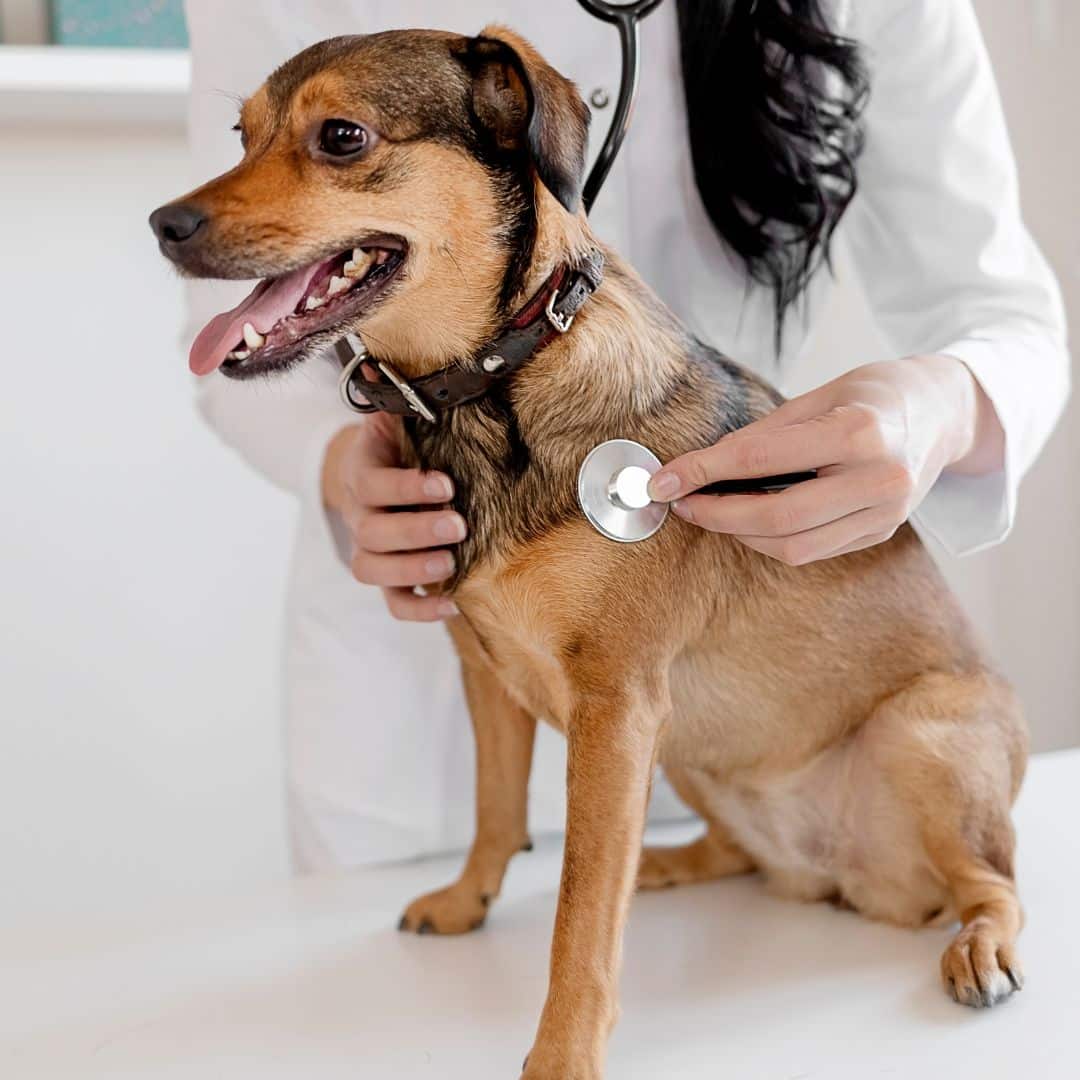Pet Emergency in Bend
Learn more about our pet emergency below.

What to do if you have a pet emergency?
Pet Emergency situations with our pets can, unfortunately, arise at the most inopportune times. Here at East Bend Animal Hospital, we will see Urgent Care and Pet Emergency cases throughout the day when needed. Please do not ever hesitate to call us if you think your pet is in need of an emergency or urgent care visit. If it is outside our normal business hours or on holiday, please contact The Animal Emergency Center of Central Oregon – 541-385-9110
Please do not hesitate to call with your questions or concerns. We would rather you call early than have your pet suffer needlessly or worsen overnight. Often we can advise you on what to do or medications to give at home to keep your pet comfortable until our office opens. Please DO NOT give human medications to your pet without checking with us first. Many human drugs are toxic to pets or are dosed very differently in animals.
Poisoning/Toxin Exposure
In general, any products that are harmful to people are also harmful to animals. If your pet’s skin or eyes are exposed to a toxic product, check the product label for instructions for people exposed to the product. If the label instructs you to wash your hands with soap and water if you’re exposed, then wash your pet’s skin with soap and water. If you know that your pet has consumed something harmful or is having seizures, losing consciousness, or having difficulty breathing, telephone your veterinarian immediately.
Seizures
- Keep your pet away from objects that might hurt it. Do NOT restrain your pet.
- After the seizure has stopped, keep your pet as warm and quiet as possible and contact your veterinarian.
Fracture
- Muzzle your pet and lay them on a flat surface.
- Use a stretcher, board, or blanket to transport your pet.
- You can attempt to set the fracture with a homemade splint, but remember that a badly-placed splint may cause more harm than good. If in doubt, it is always best to leave the bandaging and splinting to a veterinarian.
Bleeding (externally)
- Muzzle your pet
- Press a clean, thick gauze pad over the wound, and keep pressure on the wound with your hand until the blood starts clotting. This can take several minutes for the clot to be strong enough to stop the bleeding. Check it every few seconds to see if it has clotted, hold pressure on it for a minimum of 3 minutes, then check it.
Burns
- Chemical
- Muzzle the animal
- Flush burns immediately with large quantities of water
- Severe
- Muzzle the animal
- Quickly apply ice water compress to the burned area
Choking
Symptoms include difficulty breathing, excessive pawing at the mouth, choking sounds when breathing or coughing, and blue-tinged lips/tongue.
- Use caution – a choking pet is more likely to bite in its panic
- If the pet can still breathe, keep it calm and get it to a veterinarian
- Look into the pet’s mouth to see if a foreign object is visible. If you see an object, gently try to remove it with pliers or tweezers, but be careful not to push the object further down the throat. Don’t spend a lot of time trying to remove it if it’s not easy to reach – don’t delay, and get your pet to a veterinarian immediately.
- If you can’t remove the object or your pet collapses, place both hands on the side of your pet’s rib cage and apply firm quick pressure, or lay your pet on its side and strike the rib cage firmly with the palm of your hand 3-4 times. The idea behind this is to sharply push air out of their lungs and push the object out from behind. Keep repeating this until the object is dislodged or until you arrive at the veterinarian’s office.
Heatstroke
- NEVER leave your pet in the car on warm days. The temperature inside a car can rise very quickly to a dangerous level, even on milder days. Pets can succumb to heatstroke very easily and must be treated very quickly to give them the best chance of survival.
- If you cannot immediately get your pet a veterinarian, move it to a shaded area and out of direct sunlight.
- Place a cool or cold wet towel around its neck and heat (do NOT cover your pet’s eyes, nose, or mouth)
- Pour or use a hose to keep water running over the animal’s body (especially the abdomen and between the hind legs), and use your hands to massage its legs and sweep the water away as it absorbs the body heat.
- Transport the pet to a veterinarian as soon as possible
- DO NOT USE ice or ice water.
Shock
- Symptoms: weak pulse, shallow breathing, nervousness, dazed eyes
- Usually follows severe injury or extreme fright
- Keep animals restrained, warm, and quiet
- If an animal is unconscious, keep head level with the rest of the body
- Transport immediately to a veterinarian
What to do if you animal is not breathing?
- If possible, have another person call the veterinarian while you help your pet
- Check to see if your pet is unconscious
- Open your pet’s airway by gently grasping its tongue and pulling it forward (out of the mouth) until it is flat. Check the animal’s throat to see if there are any foreign objects blocking the airway (see the section above on choking)
- Perform rescue breathing by closing your pet’s mouth (hold it closed with your hand) and breathing with your mouth directly into its nose until you see the animal’s chest expand. Once the chest expands, continue the rescue breathing once every 4-5 seconds.
What to do if your pet has no heartbeat?
Do NOT begin chest compressions until you’ve secured an airway and started rescue breathing (see section above, What to do if your pet is not breathing)
- Gently lay your pet on its right side on a firm surface. The heart is located in the lower half o the chest on the left side, just behind the elbow of the front left leg. Place one hand underneath the pet’s chest for support and place the other hand over the heart.
- For dogs, press down gently on your pet’s heart, about once an inch for medium-sized dogs; press harder for larger animals and with less force for smaller animals.
- To massage the hearts of cats and other tiny pets, cradle your hand around the animal’s chest so your thumb is on the left side of the chest and your fingers are on the right side of the chest, and compress the chest by squeezing it between your thumb and fingers.
- Press down 80-120 times per minute for larger animals and 100-150 times per minute for smaller ones.
- Don’t perform rescue breathing and chest compressions at the same exact time; alternate the chest compressions with the rescue breaths, or work as a team with another person, so one person performs chest compressions for 405 seconds and stops long enough to allow the other person to give one rescue breath.
- Continue until you can hear a heartbeat and your pet is breathing regularly, or you have arrived at the veterinary clinic, and they can take over the resuscitation attempts.
Please remember that your pet’s likelihood of surviving with resuscitation is very low.
However, in an emergency, it may give your pet its only chance.
